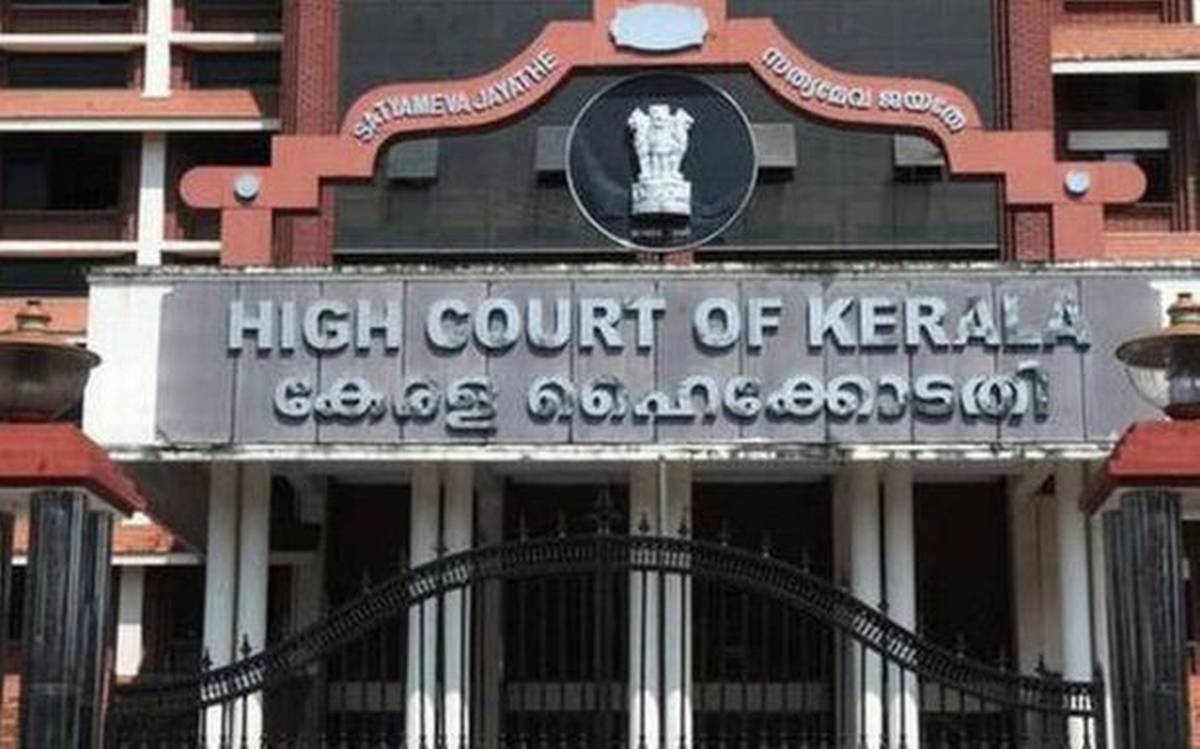Like any other citizen, persons with disability also have the right to get not only the basic education but also higher education. The judgement was given by P.B. Suresh Kumar, J. in the matter of Aswathy. P vs Union of India [WP(C).No.27225 OF 2020(C)].
The petition was filed by a person suffering from Cerebral Palsy. The issue relates to the rights of the petitioner to claim admission to MBBS course against the quota. earmarked for ‘Persons with Disability’. The petitioner had appeared for NEET, after which in the second round of Government Medical College, Manjeri.
The Court passed an interim order directing the respondent to admit the petitioner provisionally to the MBBS course. The petitioner’s cerebral palsy was accessed at 63.3% and was eligible for admission as per the regulations. However, the respondent found her ineligible for the admission due to the fact that she was not only suffering from cerebral palsy but also from Triplegia, which falls under residuary category ‘others’ made mention of under the general category ‘Locomotor Disability’. A person suffering from a locomotor disability is required to show that both their limbs are intact, with sensation and with sufficient strength and range of motion.
The Court observed, that “in matters relating to admission to educational institutions, especially against the quota earmarked for persons with disability, what is to be considered is as to whether the candidates are in a position to perform the essential functions of the course and if they are able to perform the essential functions of the course, admission shall not be denied to them on the ground of their disability.”
The judgement stated, “Every person shall be presumed to be capable of learning, and denial of opportunity to pursue a course which one seeks to undertake on the ground of disability would amount to denial of opportunity to learn, and would be discriminatory. As far as persons with disability are concerned, if only they are given education, they will be able to lead an independent, economically self sufficient, productive and fully participatory life. It is with the aforesaid objective that the Act was brought into force, and having regard to the provisions of the Act, it is the obligation of the State to do all that is necessary to empower persons with disability to foster their participation in all aspects of life.”
The writ petition was hence allowed and the interim order passed by the court earlier, directing the respondent to admit the petitioner in MBBS course was made absolute.


